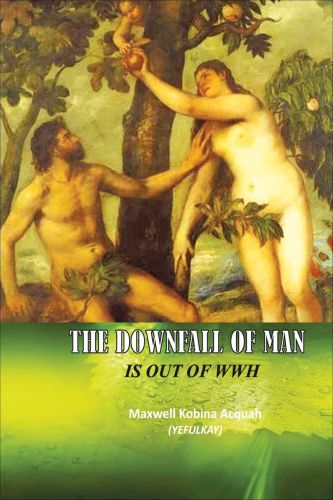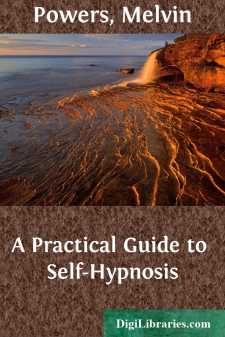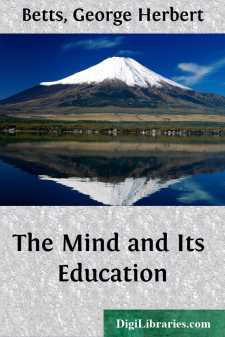Psychology
Psychology Books
Sort by:
by:
Maxwell Acquah
THE DOWNFALL OF MAN - IS OUT OF WWH Every problem or challenges in life can be traced to principles found in the Bible. Every person, regardless of culture, family or ethnic background, religion, education, complexion, country of origin, position or social status, must either follow these principles or experience the consequences of violating them. Man is affected by what I called ‘‘the WWH...
more...
by:
Maxwell Acquah
THERE IS A CONDITION This book discusses the secret behind the difficulties in life. People are not finding it easy in life, not even the one who claims to be rich or successful in life. Many are blaming GOD for difficulties in their life forgetting the conditions in living a successful life. The struggle of man begins at birth simply because of principles man do not follow. There is a saying that there...
more...
THE CREATION OF WOMAN This old Oriental legend is so exquisitely charming, so superior to the Biblical narrative of the creation of woman, that it deserves to be reproduced in Woman: Her Sex and Love Life. There are several variants of this legend, but I reproduce it as it appeared in the first issue of The Critic and Guide, January, 1903. At the beginning of time, Twashtri—the Vulcan of Hindu...
more...
CHAPTER IINTRODUCTION Science. Before attempting to define psychology, it will be helpful to make some inquiry into the nature of science in general. Science is knowledge; it is what we know. But mere knowledge is not science. For a bit of knowledge to become a part of science, its relation to other bits of knowledge must be found. In botany, for example, bits of knowledge about plants do not make a...
more...
by:
Bertrand Russell
MUIRHEAD LIBRARY OF PHILOSOPHY An admirable statement of the aims of the Library of Philosophy was provided by the first editor, the late Professor J. H. Muirhead, in his description of the original programme printed in Erdmann's History of Philosophy under the date 1890. This was slightly modified in subsequent volumes to take the form of the following statement: "The Muirhead Library of...
more...
SEX UNIVERSAL AND ETERNAL The fundamental basis of the universe is Sex. Sex is the fulcrum upon which our life-activities turn. It is the life of Man and of planets, and ignorance of the laws of Sex is the cause of death of both. It is the conjunction of the forces of attraction and repulsion; the positive and negative; the centripetal and centrifugal forces which hold stars and planets in their...
more...
by:
Melvin Powers
FOREWORD All of us like to think that our actions and reactions are a result of logical thought processes, but the fact is that suggestion influences our thinking a great deal more than logic. Consciously or unconsciously, our feelings about almost everything are largely molded by ready-made opinions and attitudes fostered by our mass methods of communication. We cannot buy a bar of soap or a filtered...
more...
THE MIND AND ITS EDUCATION THE MIND, OR CONSCIOUSNESS We are to study the mind and its education; but how? It is easy to understand how we may investigate the great world of material things about us; for we can see it, touch it, weigh it, or measure it. But how are we to discover the nature of the mind, or come to know the processes by which consciousness works? For mind is intangible; we cannot see...
more...
by:
Irwin Edman
Page iii FOREWORD This book was written, originally and primarily, for use in a course entitled "Introduction to Contemporary Civilization," required of all Freshmen in Columbia College. It is an attempt to give a bird's-eye view of the processes of human nature, from man's simple inborn impulses and needs to the most complete fulfillment of these in the deliberate activities of...
more...
by:
Sigmund Freud
INTRODUCTION The medical profession is justly conservative. Human life should not be considered as the proper material for wild experiments. Conservatism, however, is too often a welcome excuse for lazy minds, loath to adapt themselves to fast changing conditions. Remember the scornful reception which first was accorded to Freud's discoveries in the domain of the unconscious. When after years of...
more...











